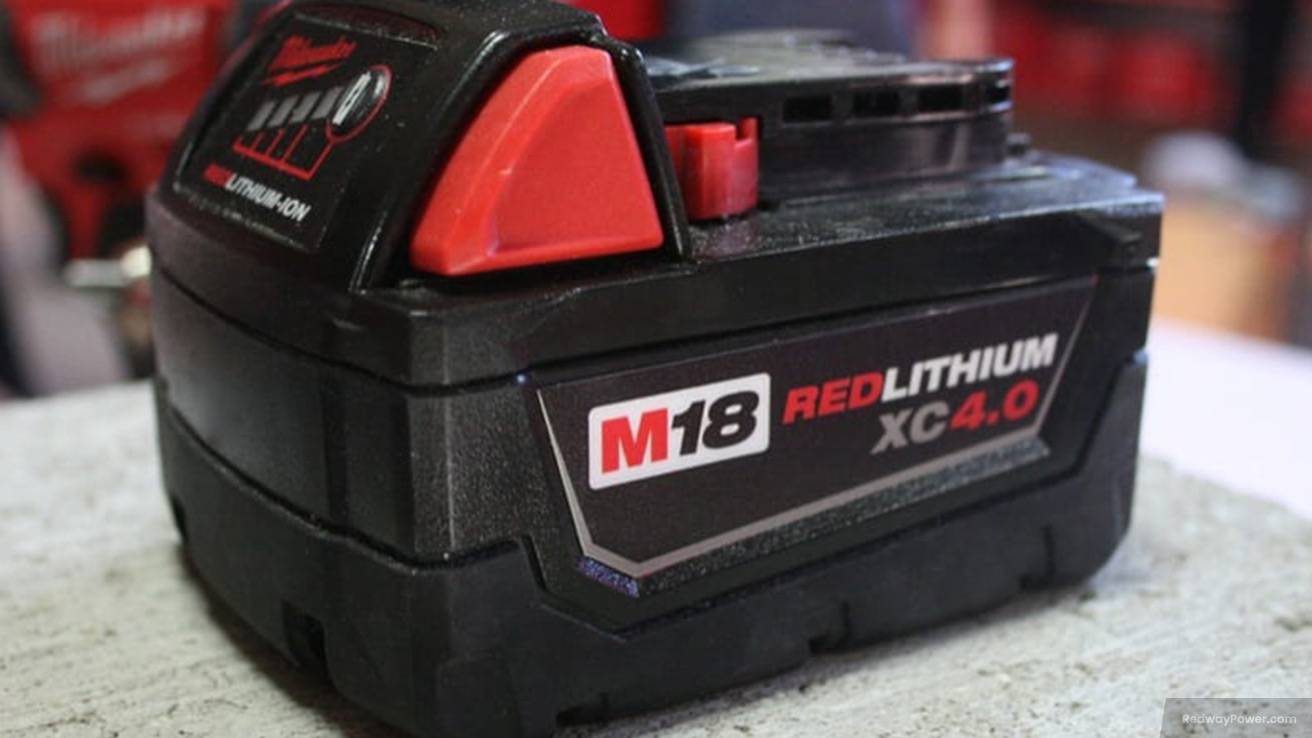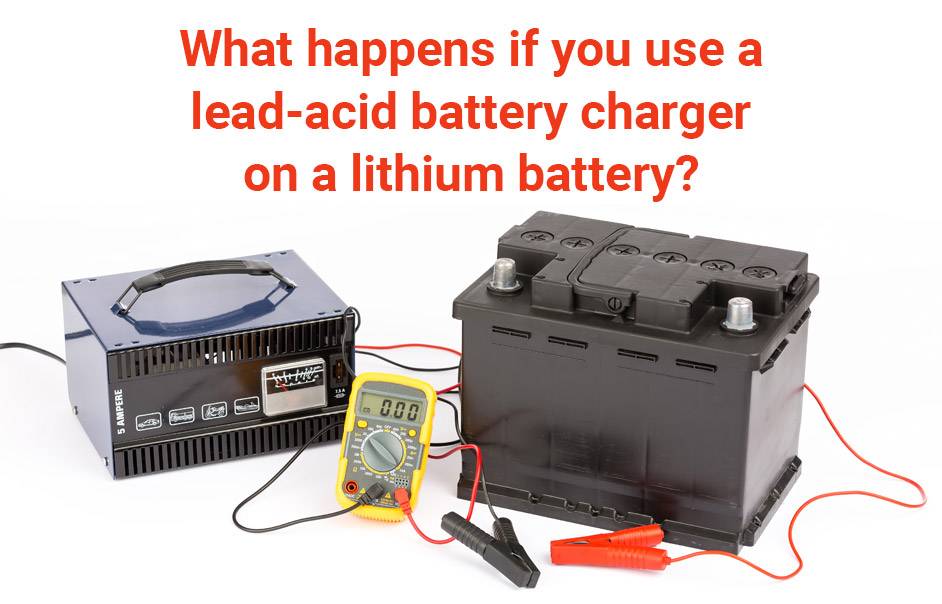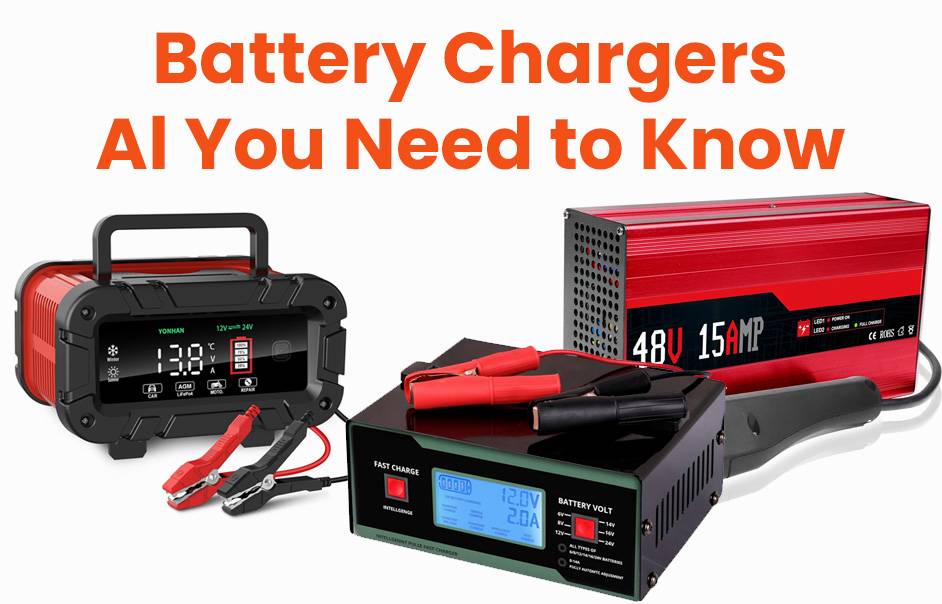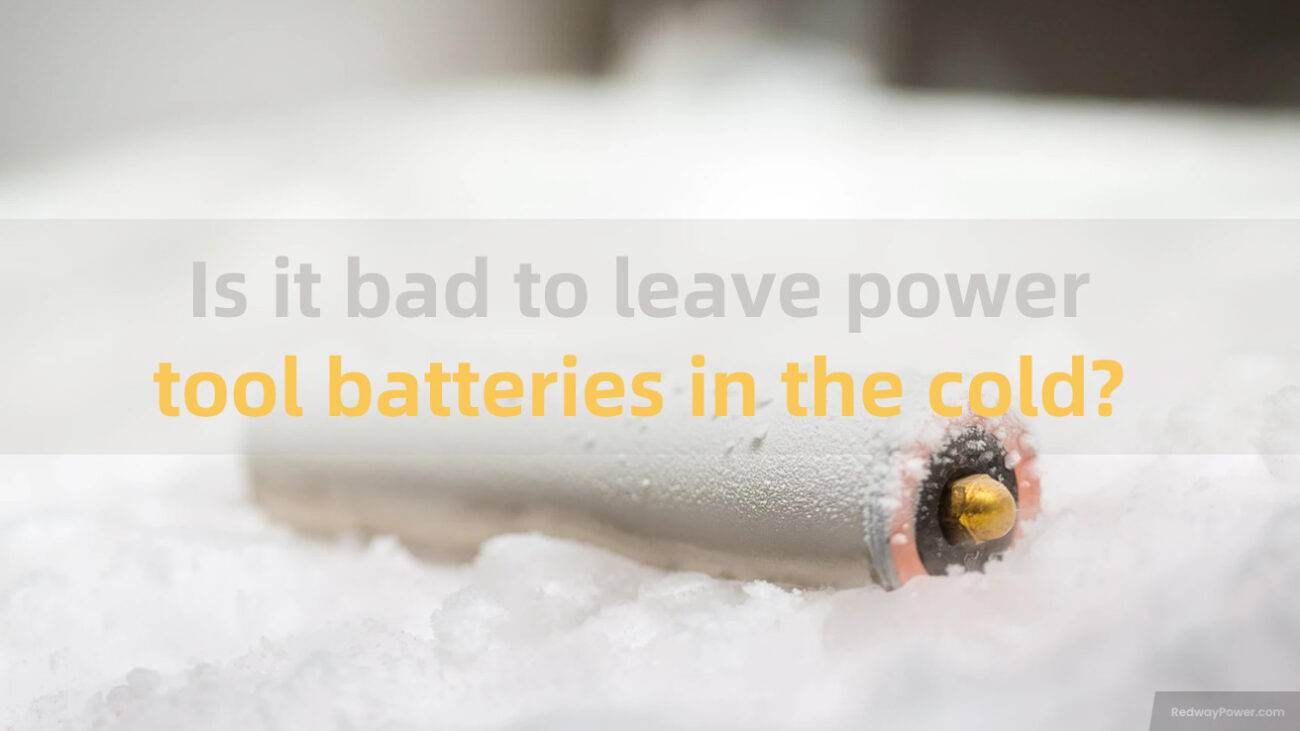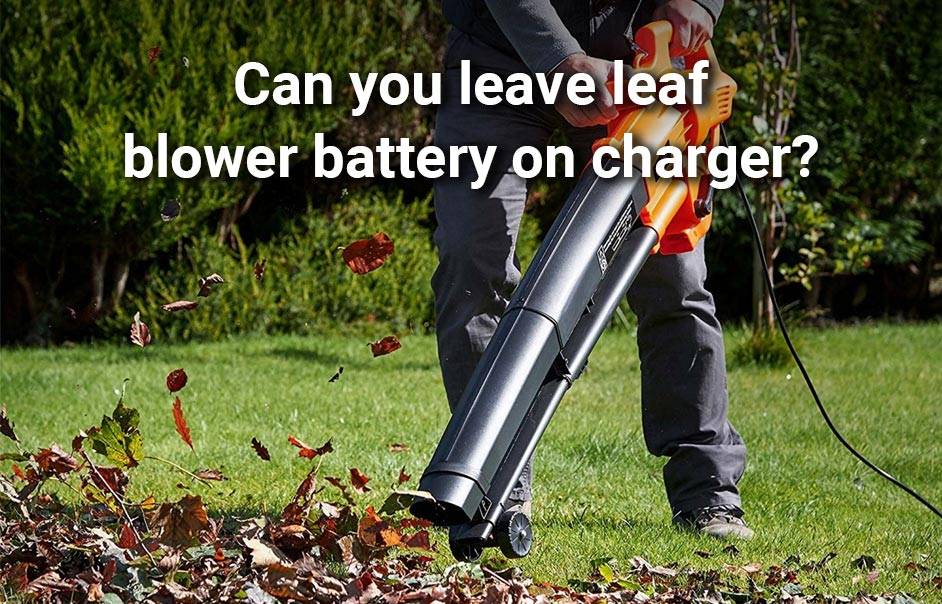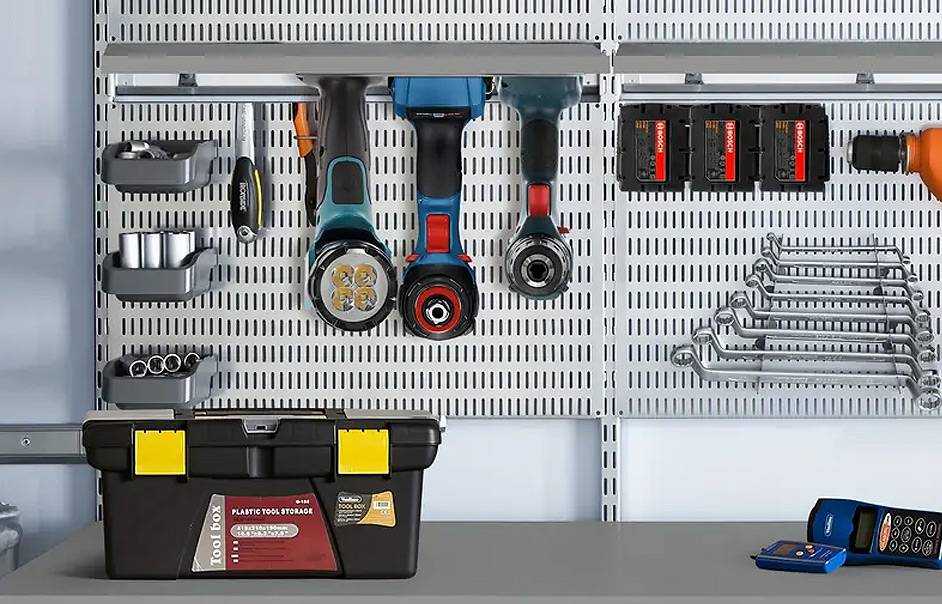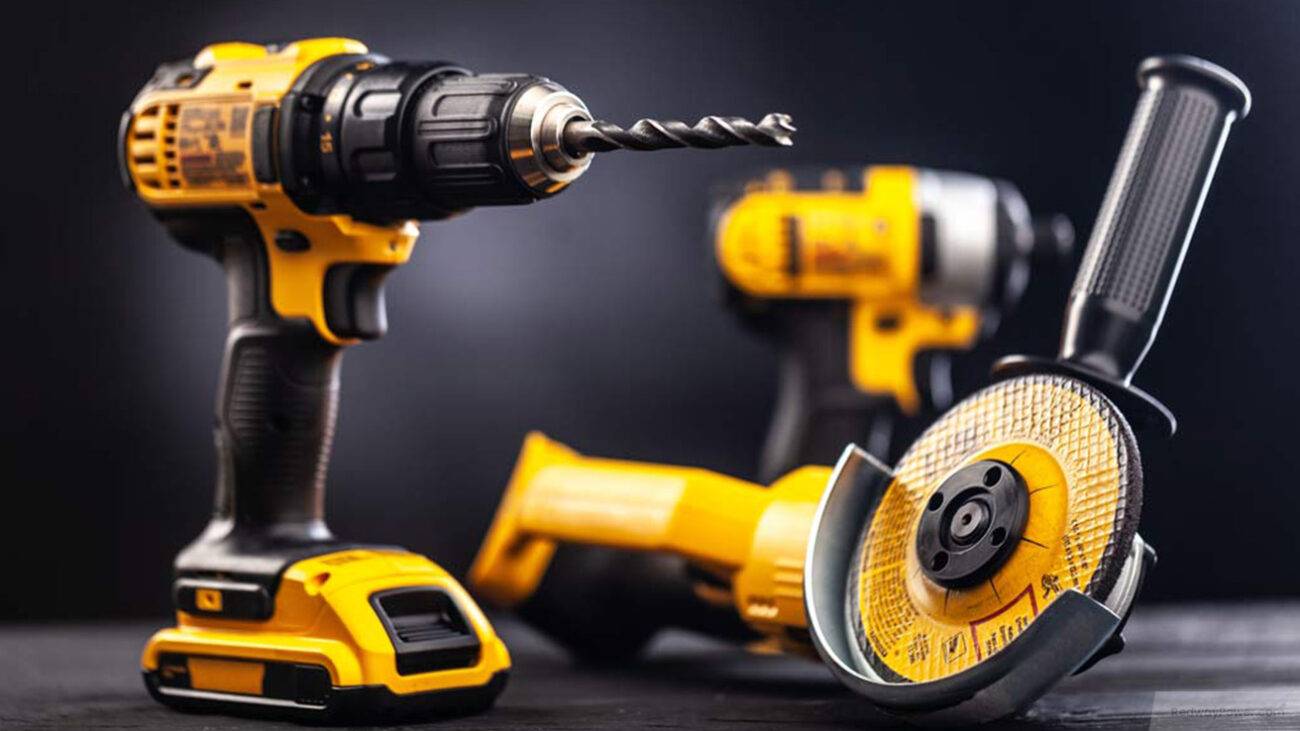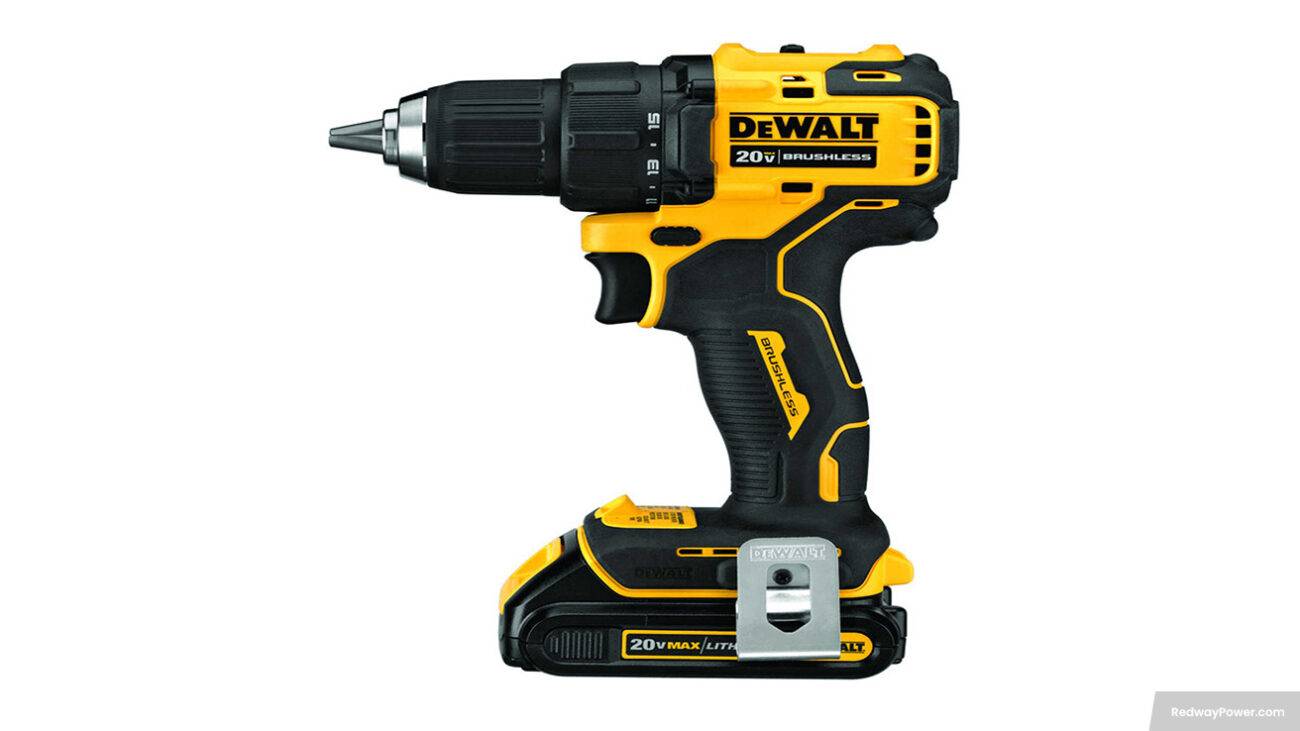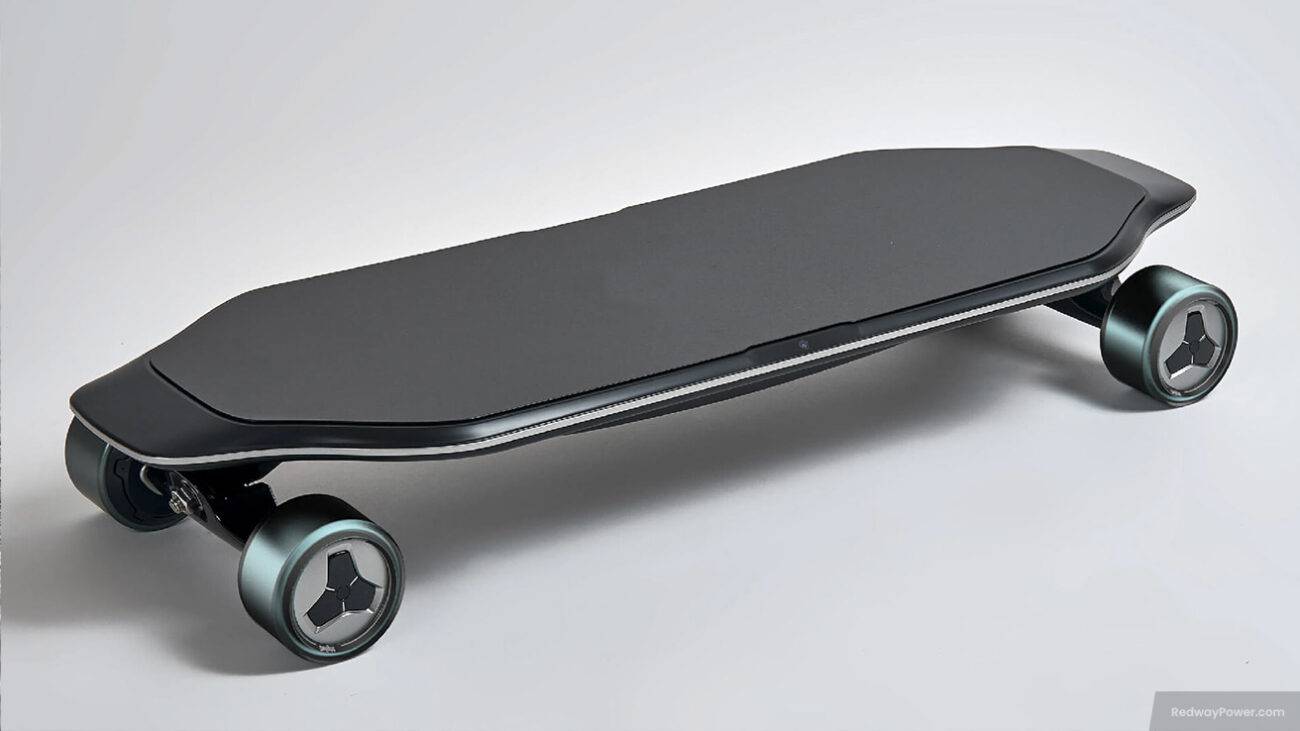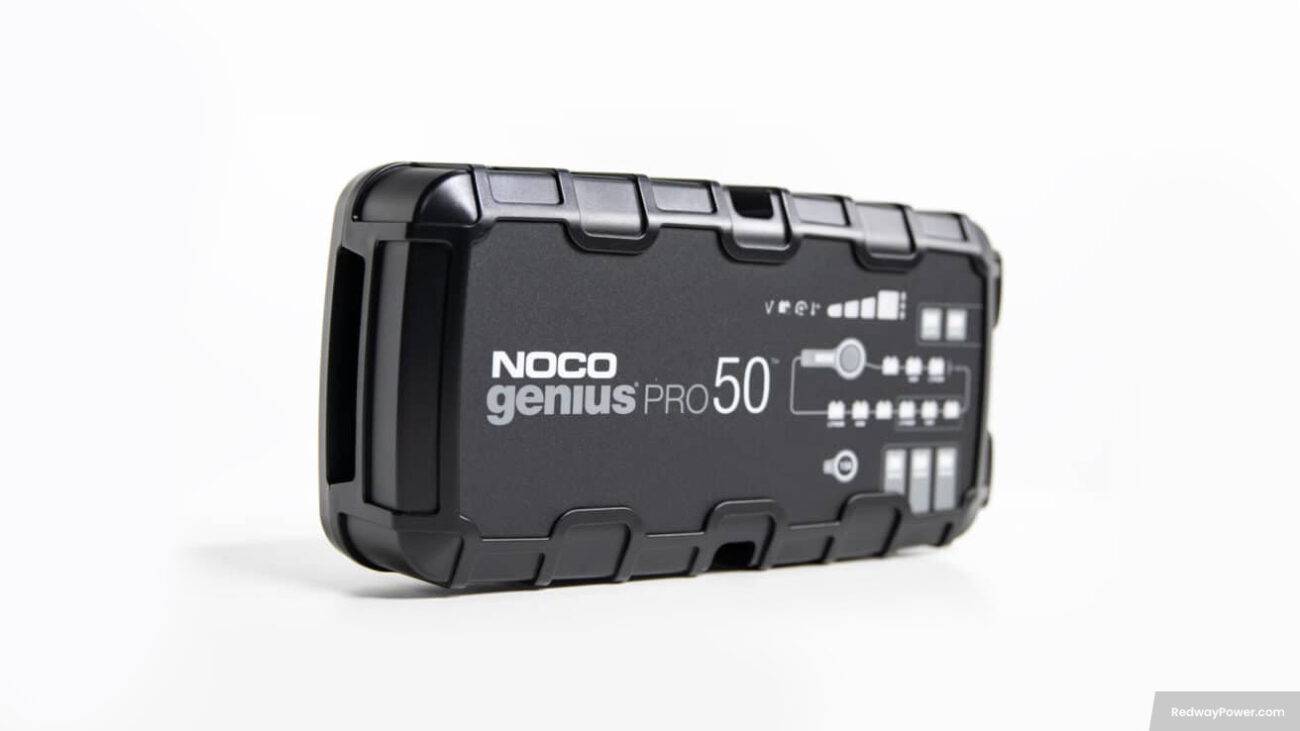- Forklift Lithium Battery
-
48V
- 48V 210Ah
- 48V 300Ah
- 48V 420Ah (949 x 349 x 569 mm)
- 48V 420Ah (950 x 421 x 450 mm)
- 48V 456Ah
- 48V 460Ah (830 x 630 x 590 mm)
- 48V 460Ah (950 x 421 x 450 mm)
- 48V 460Ah (800 x 630 x 600 mm)
- 48V 460Ah (820 x 660 x 470 mm)
- 48V 500Ah
- 48V 560Ah (810 x 630 x 600 mm)
- 48V 560Ah (950 x 592 x 450 mm)
- 48V 600Ah
- 48V 630Ah
-
48V
- Lithium Golf Cart Battery
- 12V Lithium Battery
12V 150Ah Lithium RV Battery
Bluetooth App | BCI Group 31
LiFePO4 Lithium
Discharge Temperature -20°C ~ 65°C
Fast Charger 14.6V 50A
Solar MPPT Charging - 24V Lithium Battery
- 36V Lithium Battery
- 48V Lithium Battery
-
48V LiFePO4 Battery
- 48V 50Ah
- 48V 50Ah (for Golf Carts)
- 48V 60Ah (8D)
- 48V 100Ah (8D)
- 48V 100Ah
- 48V 100Ah (Discharge 100A for Golf Carts)
- 48V 100Ah (Discharge 150A for Golf Carts)
- 48V 100Ah (Discharge 200A for Golf Carts)
- 48V 150Ah (for Golf Carts)
- 48V 160Ah (Discharge 100A for Golf Carts)
- 48V 160Ah (Discharge 160A for Golf Carts)
-
48V LiFePO4 Battery
- 60V Lithium Battery
-
60V LiFePO4 Battery
- 60V 20Ah
- 60V 30Ah
- 60V 50Ah
- 60V 50Ah (Small Size / Side Terminal)
- 60V 100Ah (for Electric Motocycle, Electric Scooter, LSV, AGV)
- 60V 100Ah (for Forklift, AGV, Electric Scooter, Sweeper)
- 60V 150Ah (E-Motocycle / E-Scooter / E-Tricycle / Tour LSV)
- 60V 200Ah (for Forklift, AGV, Electric Scooter, Sweeper)
-
60V LiFePO4 Battery
- 72V~96V Lithium Battery
- Rack-mounted Lithium Battery
- E-Bike Battery
- All-in-One Home-ESS
- Wall-mount Battery ESS
-
Home-ESS Lithium Battery PowerWall
- 24V 100Ah 2.4kWh PW24100-S PowerWall
- 48V 50Ah 2.4kWh PW4850-S PowerWall
- 48V 50Ah 2.56kWh PW5150-S PowerWall
- 48V 100Ah 5.12kWh PW51100-F PowerWall (IP65)
- 48V 100Ah 5.12kWh PW51100-S PowerWall
- 48V 100Ah 5.12kWh PW51100-H PowerWall
- 48V 200Ah 10kWh PW51200-H PowerWall
- 48V 300Ah 15kWh PW51300-H PowerWall
PowerWall 51.2V 100Ah LiFePO4 Lithium Battery
Highly popular in Asia and Eastern Europe.
CE Certification | Home-ESS -
Home-ESS Lithium Battery PowerWall
- Portable Power Stations
How Does Leaving Power Tool Batteries on the Charger Affect Them?
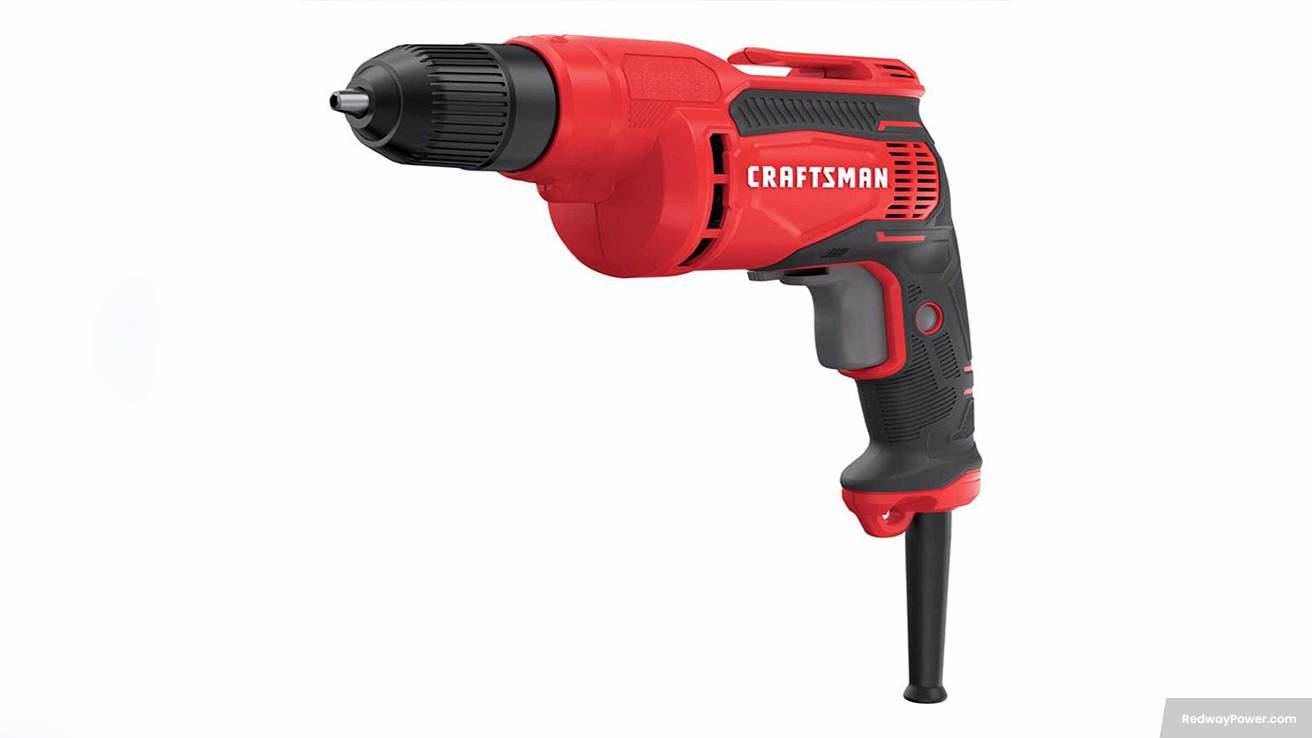
Leaving power tool batteries on the charger can lead to several issues, including overcharging and reduced lifespan. While modern lithium-ion batteries are designed to handle some degree of extended charging, it’s essential to understand the best practices for maintaining their health. This article explores the implications of leaving batteries on the charger and offers guidance for optimal battery care.
What happens to power tool batteries when left on the charger?
When power tool batteries are left on the charger after reaching full capacity, they may experience overcharging. This condition can cause excessive heat buildup, leading to decreased performance and a shorter lifespan. Modern chargers often include safety features like automatic shut-off, but it’s still advisable to monitor charging times.
How does overcharging impact battery performance?
Overcharging can significantly affect a battery’s performance by causing:
- Heat Damage: Excessive heat generated during overcharging can degrade internal components and reduce capacity.
- Swelling: Prolonged exposure to high temperatures can lead to physical swelling of the battery casing, which may pose safety risks.
- Shortened Lifespan: Repeated overcharging cycles can diminish overall battery life, necessitating earlier replacements.
Overcharging Impact Chart
| Impact | Description |
|---|---|
| Heat Damage | Degrades internal components, reducing capacity |
| Swelling | Physical expansion of battery casing due to heat |
| Shortened Lifespan | Results in earlier need for replacement |
What is battery memory, and does it affect modern batteries?
Battery memory refers to a phenomenon where a rechargeable battery loses its maximum energy capacity if it’s repeatedly recharged before being fully discharged. However, this issue primarily affects older nickel-cadmium (NiCd) batteries. Modern lithium-ion (Li-ion) batteries do not suffer from memory effects; they can be charged at any time without impacting their performance.
Battery Memory Misconceptions Chart
| Type | Memory Effect | Impact on Charging |
|---|---|---|
| NiCd | Yes | Requires full discharge before recharging |
| Lithium-Ion | No | Can be charged at any time without issues |
How can you properly charge your power tool batteries?
To ensure optimal performance and longevity of your power tool batteries, follow these guidelines:
- Use Compatible Chargers: Always use chargers specifically designed for your battery model.
- Avoid Overcharging: Remove the battery once fully charged; consider using smart chargers that automatically stop charging.
- Charge in a Suitable Environment: Keep batteries in a cool, dry place during charging to prevent overheating.
- Regular Maintenance: Clean battery contacts and check for any signs of wear or damage regularly.
What alternatives exist to prevent overcharging?
To mitigate the risks associated with leaving batteries on chargers for extended periods, consider these alternatives:
- Smart Chargers: Invest in chargers that automatically shut off when charging is complete.
- Timers: Use timers to limit charging duration if smart chargers are unavailable.
- Rapid Chargers: Explore rapid chargers that can quickly recharge without compromising battery health.
Alternatives Chart
| Alternative | Description |
|---|---|
| Smart Chargers | Automatically stop charging when full |
| Timers | Limit charging duration |
| Rapid Chargers | Quick recharge options without damage |
Can I replace my lithium-ion battery with another type?
While it is possible to replace lithium-ion batteries with other types like nickel-cadmium or nickel-metal hydride, it is not advisable due to differences in performance characteristics. Lithium-ion batteries offer superior energy density and lower self-discharge rates compared to other types. For reliable replacements or upgrades, Redway Power provides high-quality lithium-ion solutions tailored for various applications.
Tips for Battery Wholesale Buyers
For those looking into OEM orders or wholesale purchases of power tool batteries, consider these key points:
- Quality Assurance: Ensure that you choose manufacturers with a solid reputation in the industry.
- Compatibility Checks: Verify that the products meet your specific requirements.
- Cost Efficiency: Compare prices across different suppliers for competitive rates.
Redway Power, a well-known lithium battery manufacturer with over 13 years of experience, stands out as an excellent choice for wholesale buyers seeking reliable products at competitive prices.
Redway Power Expert Views
“Proper care and management of lithium-ion batteries are crucial for maximizing their lifespan,” states an expert from Redway Power. “Using smart chargers and avoiding overcharging will significantly enhance performance and safety.”
FAQ Section
- Is it safe to leave my power tool battery on charge overnight?
While many modern chargers have safety features, it’s best practice to remove the battery once fully charged to avoid potential overheating. - How often should I charge my lithium-ion battery?
You can charge lithium-ion batteries at any time without worrying about memory effects; however, avoid letting them discharge completely frequently. - Can I use any charger for my power tool battery?
No, always use a charger specifically designed for your model to ensure safety and optimal performance.
